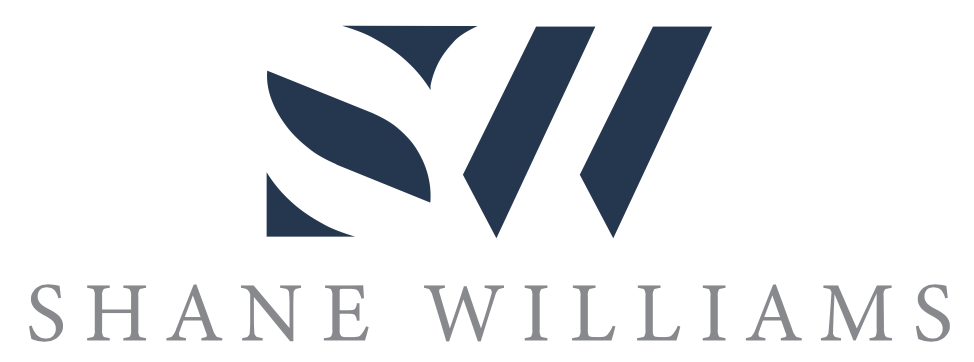From Start-up to Scale-up Part 2 - How Xero reimagined its ways of working to enable hyper-growth
When John Railton graduated from university with a Bachelor of Business (double majoring in business information systems and management), he had the highest-grade point average at his university, was the top information systems graduate, and was also the top Māori graduate.
But his accomplishments didn’t stop there. John has a whopping fifteen Salesforce certifications, including being a Salesforce certified system architect. His professional background is equally impressive, working in tech for almost 20 years.
“I have worked in a number of technology roles including running my own business, but mainly working with Salesforce. In the early days I was a Salesforce consultant for a number of enterprise companies around New Zealand and Australia, but I have also worked in Sweden and Germany. I moved to Sydney to become the Salesforce delivery manager at Qantas, and now I am Xero as GM of customer platforms.”
Xero is a cloud-based accounting software system which started in New Zealand. John’s role is to look after customer platforms and the engineering teams working on and supporting them.
When I first met John in 2020, he was beginning to embark on a transformation at Xero. Now, almost a year later, I wanted to hear how John was tracking and how Xero looked then and now.
“Pre-transformation, Xero probably looked quite similar to a lot of traditional organisations. People at home may think ‘yeah, that’s how we are today. Firstly, a Salesforce platform team never existed. It was like the drunk uncle at a Christmas party. You looked after it because you have to, but no one really wants to. People prefer to work on a shiny new project.”
John explained that beginning to scale up and transform Xero required strong foundations. Spoken like the father of a six-year-old that he is, John used the Jenga as an analogy for platform scaling.
“A good way to determine whether your foundation is shotty is if there are critical production incidents popping up more and more,” he said. “Another really important factor for contributing to a successful scale-up is that you have to remember people have a cognitive load capacity. When you’re going through a journey of this size, you have to remember that your brain can only take so much.”
John’s last major sign of scaling up a platform is that the communications channels increase. As more people are added into a team to help with the scale-up, you inevitably find yourselves experiencing Brook’s Law, the phenomenon whereby ‘adding manpower to a late software project makes it later. To overcome this, John tells me that they reduced team sizes and made them autonomous pods, made up of five to eight people.
“Groups of this size can collaborate well and overcome the problems that come when hiring new people and seeing growth slow down.”
Streamlined platform teams, cognitive load, and Brook’s Law may sound familiar to listeners to the podcast, as they are concepts explored in Team Topologies, a Platform Diaries favourite.
“At Xero, we have streamlined teams at the top and platform teams supporting them. Interaction is always as horizontal as we can make it because you want to work cohesively and collaboratively as you can.”
I wanted to know what all of this hardwork was achieving for John and the Xero team. One year on from the beginning of their journey, I asked John what he believed to be the greatest positive change.
“I think the greatest positive change has been creating the environment for autonomy, mastery, and purpose. For our culture, the biggest learning would be that scaling up is a never-ending journey. I really recommend David Goggin’s book You Can’t Hurt Me. He is an ex-Navy Seal and an Ultra Marathon runner, and the theme throughout the book is ‘no matter how far you have come, there is almost more to do’.”
If you are looking to transform your business, and are determined to scale up, John has three great pieces of advice.
“Find the passionate champions within your organisation, because there is going to be hardship and there is power in numbers. Always have fun. Organisations like Apple and Google have demonstrated the success of this. Lastly, and most importantly, I would suggest you really prioritise your people.”
Looking to scale-up? Or perhaps want to hear how the book Team Topologies has been administered in real-time? Listen to this week’s episode of Platform Diaries to hear how John Railton has excelled at both.
